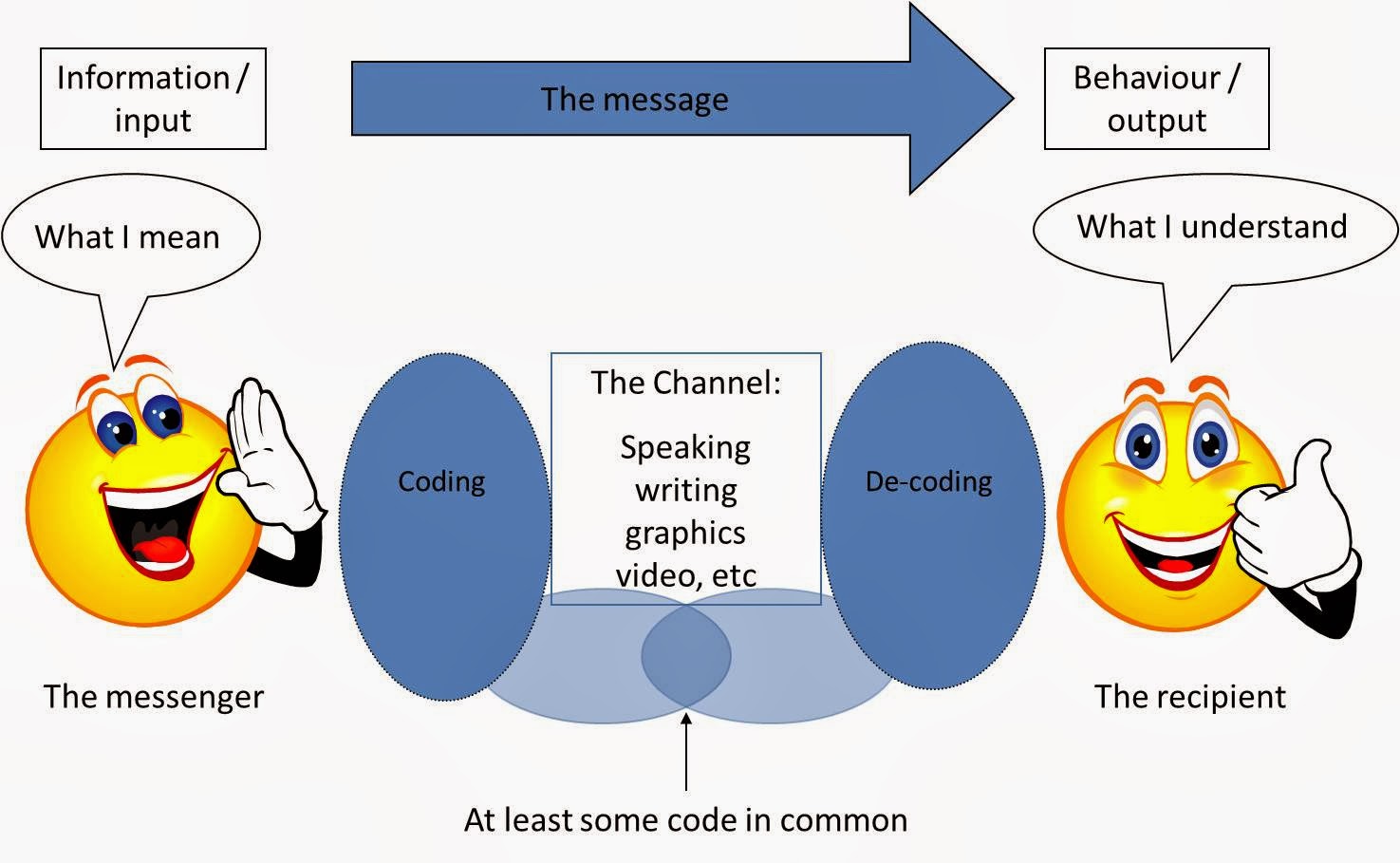Language Learning Principles
ü Principles about language in general
ü Language is systematic
ü Languages have a sound system
ü In some languages the tone system carries as much
meaning as consonants and vowels
ü Languages have a grammatical system
ü Languages have a lexical system
ü There is seldom a one-to-one correspondence between
words in two languages
ü Language is used in discourses
ü People sometimes speak or write in monologues
ü Language is used interactively in conversation
ü Language is meaningful
ü Language has referential meaning
ü Language has functional meaning
ü Language has social meaning
ü Language has cultural meaning
ü There are variations in language due to regional,
status, and stylistic differences
ü Knowing a language involves control of integrated
skills
ü Language skills may be productive or receptive
ü Some chunks of language are stored and used as wholes
ü People use language creatively by recombining elements
ü Language knowledge may be intuitive
ü Principles about learner characteristics
ü People are wired to learn languages
ü Aptitude can speed up learning
ü Some learners take on a different persona when
speaking another language
ü Some learners resist sounding and acting differently
ü Some learners have a higher tolerance for ambiguity
than others
ü Learners who use learning strategies effectively are
more successful
ü Learning in your preferred learning style increases
motivation and effectiveness
ü Principles about learner attitudes and motivation
ü Motivation affects the time spent learning a language
ü Learner attitudes affect motivation
ü If you expect to succeed, you will be more likely to
succeed
ü If you have unreasonable expectations you may get
discouraged
ü Certain kinds of anxiety can interfere with your
language learning
ü Fear of making mistakes can inhibit your learning
ü Too much correction or criticism can inhibit your
learning
ü The more positive you feel about the speakers of a
language, the more motivation you will have to learn it
ü If you want to communicate with speakers of a
language, you will be more motivated to learn it
ü If you need to use a language, you will be more
motivated to learn it
ü Principles about language learning situations
ü People learn better if their learning is encouraged by
speakers of the language
ü People need to experience language used in context
ü If speakers of two languages really want to
communicate, they can do a lot with a little
ü People have expectations about who speaks which
language
ü Communication tends to take the easiest path
ü People may resist speaking their language because they
want to learn your language
ü People often modify their speech when speaking to
foreigners
ü In traditional cultures there may be only one right
way to do something
ü It may be culturally inappropriate to be too direct in
what you say
ü Every culture has taboo topics
ü Principles about the language you are learning
ü The more the language you are learning is like one you
already know, the more quickly you will learn it
ü Differences between two languages interfere when you
try to learn them
ü Some features of language are harder to learn than
others
ü Principles about language acquisition
ü Language acquisition is a developmental process
ü People learning a language build up their own systems
ü You need lots of comprehensible input
ü You can improve your sound discrimination, memory, and
grammatical sensitivity skills
ü You can compensate for deficiencies in some skills
ü The sooner you can acquire the grammatical system of a
language, the sooner you can use the language creatively
ü You need chances to negotiate meaning with native
speakers
ü Native speakers often highly value good pronunciation
ü Repetition helps things stick
ü Producing language that sounds too good can be
misleading
ü The more meaningful exposure, the more you learn
ü You cannot rely on memorization alone
ü Memorized material can give a false impression of your
proficiency
ü Your brain analyzes language whether you know it or
not
ü Knowing a language is different from knowing about a
language
ü Knowing about a language may help you learn it
ü Body language, gestures, and your face communicate as
much as words
ü Learners build up an auditory image of what the
language sounds like
ü Language learners need to learn to understand and
produce well-formed discourses
ü Predictable scripts aid comprehension
ü Language learners seem to hit plateaus
ü You need exposure to language in a variety of social
settings
ü One language may interfere with another
ü The mind tends to filter out redundant material
ü Productive skills are harder than receptive skills
ü Comprehensible output can become comprehensible input
ü Knowing the topic helps you interpret what you hear or
read
ü Linguistic context helps you understand the meaning of
words
ü Knowledge of a language may lie dormant, but be
reactivated
ü Multilingual people may associate languages with a
particular setting or audience



Comments
Post a Comment